Friday, 27 July 2012
The Soul of Quakerism
I have been reading and reflecting a lot recently about Thomas Moore's approach to the 'care of the soul' in modern life. His concept of 'soul' is not a specifically religious idea – instead it refers to the side of life that is earthy, passionate, imaginative and sensual, and that is touched and expressed in myth, dreams, symbols, the natural world and sensual experience.
Moore argues that many people in modern societies are suffering from a lack of soul in their lives, as our culture and daily routines have become excessively rational and bureaucratic. Modern life and urban environments often have a superficiality, flatness and ugliness that ignore our 'soul needs' for connection both to the physical world and the symbolic 'underworld' of myth and ritual. He sees signs of this soul hunger in many of the familiar symptoms of modern dis-ease – a pervading sense of meaninglessness, depression, anxiety and addiction.
The approach that Moore recommends involves bringing more awareness and respect for the needs of the soul into our everyday lives, through greater attentiveness to the nourishing potential of dreams and stories, small household rituals, beautiful surroundings and objects, music, food and poetry. All of this I find deeply helpful and full of practical wisdom, but there is also no doubt that it contains a challenge to the characteristic style of Quaker spirituality. Quakers have historical roots in a 17th Century Puritan culture that continues to influence us, through an enduring suspicion of symbols, ritual and art (evident in some of the reasons given for the recent rejection of a James Turrell 'Skyspace' art installation at Friends House). Modern British Quakers have perhaps been even more powerfully shaped by the secular rationalism of modern culture, with its emphasis on intellectual consistency, bureaucratic organization, and abstract moral principles, all of which tend to ignore the more subtle and ambiguous needs of the soul.
Thankfully this is not the whole story though. Quaker spirituality also has its 'soulful' side, and it might be helpful to identify elements of Quaker life that nourish the soul, which we might benefit from developing and practising more deeply.
It is one of the myths of British Friends that 'we don't have rituals'. We have some beautiful ritual practices that can be all the more powerful becauseof their extreme simplicity – a 'silent grace' before mealtimes, the handshake that welcomes everyone to the Meeting room and ends a time of Worship, the beautiful sincerity of a Quaker wedding; these are all rituals that touch the soul's need for practical expressions of gratitude, reverence and belonging.
Perhaps we would do well to develop the ritual expressions of Quaker life further, retaining the essential character of simplicity and authenticity. Some Friends have held special Meetings to celebrate the birth of a child, inviting friends and family members from outside the Quaker Meeting, and including readings, poems or songs that express the community's shared commitment to nurturing this new life. It would be a short step from this to arranging a Meeting specifically to welcome an adult into membership of the Society, rather than the very perfunctory acknowledgement that tends to take place at present. At the last Meeting I attended which accepted a new member, the first words of greeting they received were 'watch out for the nominations committee'. For many people the decision to formally join the Religious Society of Friends is a major life event, which deserves honouring with a genuine celebration that includes the Meeting's commitment to supporting the new member in their spiritual and practical life.
We might also think about small rituals of our home lives – meals and bedtimes, weekends and birthdays. Are there ways that we could nourish our daily life and relationships by giving more attention to these important times, while honouring the Quaker insight that 'all of life is sacramental'? My family got used to eating dinner by candlelight in Zimbabwe during the frequent power cuts, and found that it added a sense of occasion to mealtimes, so we have continued to light a candle at the table when we eat dinner together. Different families have other ways of making shared meals special, but small rituals like this help to build up a unique family culture, which can meet our soul needs for belonging and rootedness.
The soul of Quaker spirituality is also expressed in the simple beauty of many old Meeting Houses, and even in the homes of some Friends. One of the first times I visited a Quaker home I was struck by the practical simplicity of its furnishings – well-made wooden furniture, a hand-made quilt, and even a functioning (and well-used) spinning-wheel. Nothing in the house was disposable, shoddy or ostentatious. It felt like an echo of the quietist Quaker culture of the 18th Century - the kind of house where John Woolman would have felt at home. This is a distinctive kind of beauty that Thomas Moore describes as 'the spiritual richness of simplicity':
Simplicity doesn't mean meagreness but rather a certain kind of richness, the fullness that appears when we stop stuffing the world with things... Let us feel the textures and see the colours, and then we won't need so many things in the place to make it nurturing.'
Of course there is no value in trying to copy someone else's style of life, or aiming for a uniform aesthetic in our homes or lives. The soul thrives on the uniqueness of our tastes, drawing on our own personal histories, including elements from different cultures and life-experiences. Every person and every family will have their own images and objects that feed their imagination and senses. But we might consider how we are nourished by our home environments and the things we see and touch every day, and consider introducing something of the richness of simplicity into our daily lives through simple elements such as home-grown food, freshly-baked bread, shared music-making, or a thoughtfully-tended garden.
We might also give more attention to our Meeting Houses as places that nourish the soul as well as the mind. Quaker tradition includes a strong current of opposition to the images and music of mainstream churches. Friends have always emphasised that it is not the building that is sacred, but the presence of the Spirit in the gathered Meeting, and our Meeting Houses have traditionally been bare of ornamentation and symbols. Some old Meeting Houses do embody a powerful sense of place, through a beautiful simplicity that draws attention to the lustre of old wooden benches, or the quality of light through plain windows. But some modern Meeting Houses seem to have replaced this beauty of simplicity with an anonymous functionalism, sometimes hardly distinguishable from a conference centre or airport lounge.
Our Meeting House in central Sheffield has often seemed to me a rather bland modern space, so it has been a pleasure recently to see more soulful elements gradually creeping into it. Artworks by local Friends are on display in some of the rooms and common areas, inviting imagination and beauty into the space. Our small terrace garden has also become a focus of soulful beauty, especially as it has been transformed into an 'edible roof garden' as one response to the national Quaker commitment to become a 'sustainable, low-carbon community'. At the purely pragmatic level a small roof garden with potted trees and climbing plants is an insignificant contribution to our Meeting's carbon reduction. But at the level of soul and symbol, it is a powerful way of creating a space within the Meeting House for a vision of interdependence with nature. As well as the rational projects of carbon-footprinting and changes to travel and consumption, we need the kinds of images, sounds, smells and spaces that nourish our souls with a glimpse of life-sustaining human community.
In a future post I will be exploring another area of modern Quaker culture that can often seem hostile to the needs and movements of the soul - the controversial subject of Quaker 'values' and 'principles'.
In a future post I will be exploring another area of modern Quaker culture that can often seem hostile to the needs and movements of the soul - the controversial subject of Quaker 'values' and 'principles'.
4 comments:
jezsmith31 July 2012 at 22:43
I work for Britain Yearly Meeting in Friends House. After the 2011 refurbishment we moved into our new offices and were told that we couldn't put anything on the walls (the old offices had paintings from the Friends House library collection) and our cupboard tops were meant to be kept clear. Early on I was told to remove two plants that I had put on top of the cupboard behind my desk though they're still there. So it is refreshing to read your pleasure in seeing artworks by Friends appearing on your meeting house walls.Reply
Replies

Craig Barnett1 August 2012 at 13:08
I assume it is managerialism rather than puritanism going on here - I have a friend in the police force who had the same directive. I would have thought that both Friends House and the police might do better to attend more to the needs of the soul.
Reply
Alice Y.8 August 2012 at 10:24
I think you are really onto something here Craig. I've recently been inspired by Diana's writing from her years at Innermost House, a tiny simple house in the mountains of North California. She writes of what she calls 'the conversation' as the driving force - that she attended to her soul need and this beautiful simplicity came from letting everything else fall away. I think that is very Quaker, or very close to the heart of christian mystical experience, if those are different.Reply
Jnana Hodson18 August 2012 at 20:26
Moore's use of "soul" points to a linkage I sense with the early Quaker concept of the Seed, with all of its metaphoric senses of response to the Inward Light. This is a line of thought I believe will be productive in our own times, especially as we see other connections to contemporary intellectual frontiers.
Metaphor, of course, is based on experience(s). Now we're really talking Quaker!
Reply

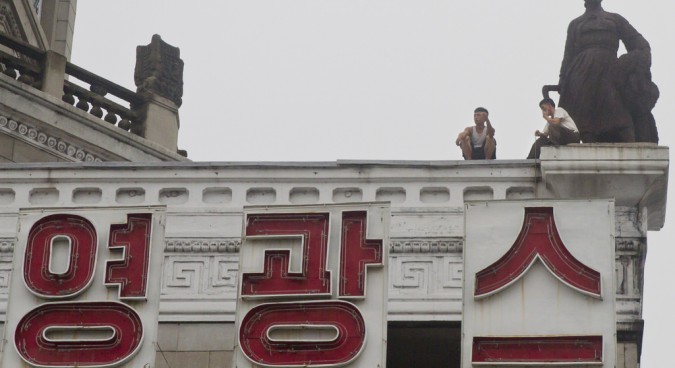
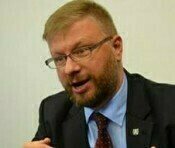
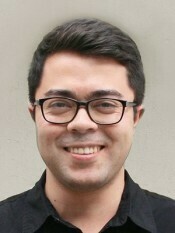

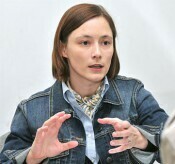
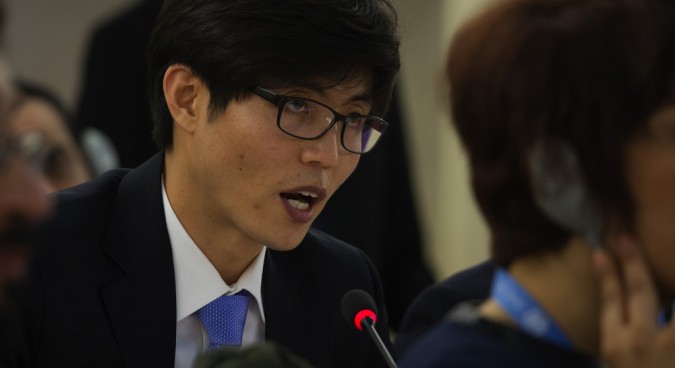

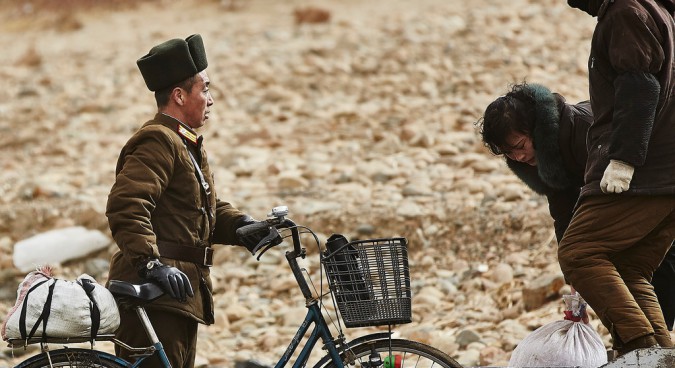
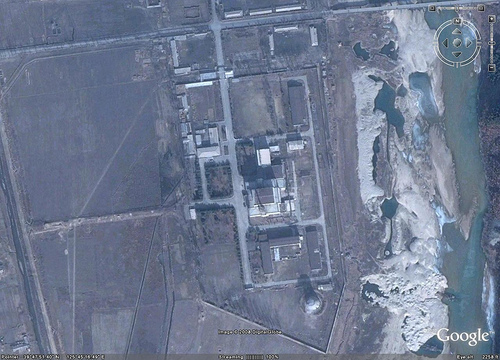
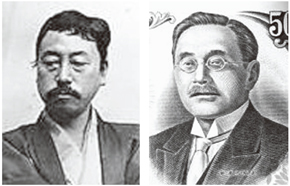
 전화선을 통해 들려오는 40년 ‘망명객’ 정경모(85·사진·일본 요코하마 거주)씨의 목소리는 여전히 쟁쟁했고, “이제 언제 어떻게 될지 알 수 없는 나이”라곤 했지만 기억 또한 펄펄 살아 있었다.
전화선을 통해 들려오는 40년 ‘망명객’ 정경모(85·사진·일본 요코하마 거주)씨의 목소리는 여전히 쟁쟁했고, “이제 언제 어떻게 될지 알 수 없는 나이”라곤 했지만 기억 또한 펄펄 살아 있었다.  양방문에 동행한 그의 전력을 문제삼은 ‘공안의 벽’ 앞에 좌절해야 했던 그의 얘기는 서글프고 아프다. 6살 위인 문 목사와는 방북 당시 이미 40년 지기였던 그의 평양행에 얽힌 얘기들, 일본우익들에 관한 섬뜩한 진실들, 그를 망명으로 내몬 부패한 한국 지배세력의 생얼굴들, 그리고 김대중씨 개인과 민주화 이후 정권에 대한 복잡한 심경 등 오직 그만이 알고 있는 수많은 사실들이 <한겨레> 연재를 통해 한국현대사를 엮는 또 다른 씨줄과 날줄로 당당하게 자리잡게 될 것이다.
양방문에 동행한 그의 전력을 문제삼은 ‘공안의 벽’ 앞에 좌절해야 했던 그의 얘기는 서글프고 아프다. 6살 위인 문 목사와는 방북 당시 이미 40년 지기였던 그의 평양행에 얽힌 얘기들, 일본우익들에 관한 섬뜩한 진실들, 그를 망명으로 내몬 부패한 한국 지배세력의 생얼굴들, 그리고 김대중씨 개인과 민주화 이후 정권에 대한 복잡한 심경 등 오직 그만이 알고 있는 수많은 사실들이 <한겨레> 연재를 통해 한국현대사를 엮는 또 다른 씨줄과 날줄로 당당하게 자리잡게 될 것이다.  기사수정 : 2009-05-03 오후 06:34:42
기사수정 : 2009-05-03 오후 06:34:42
